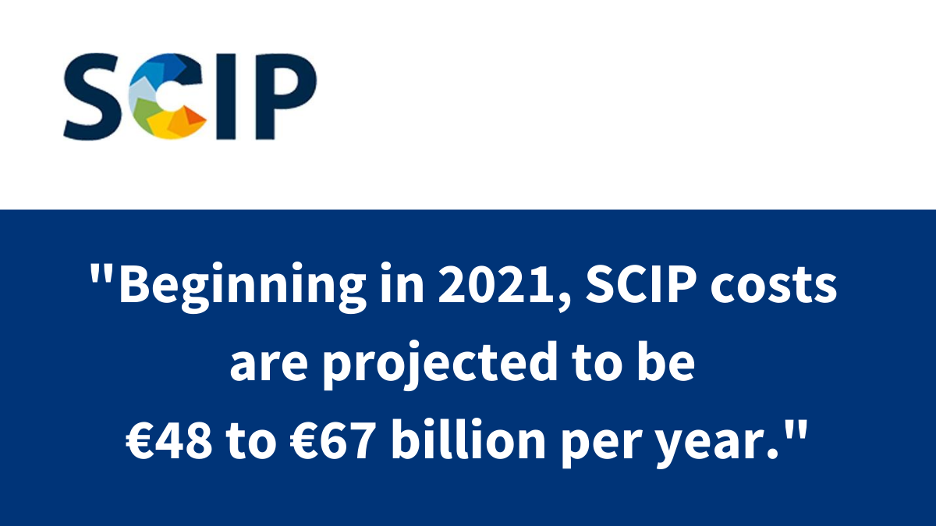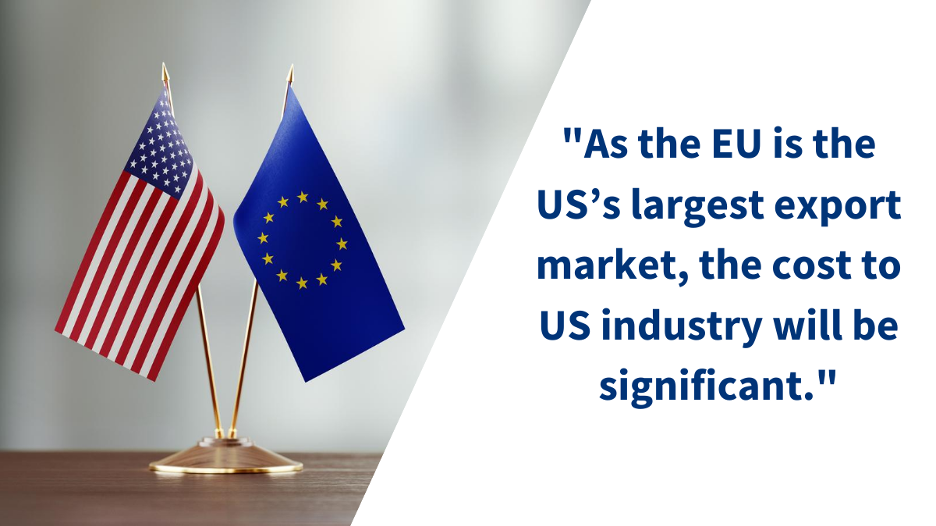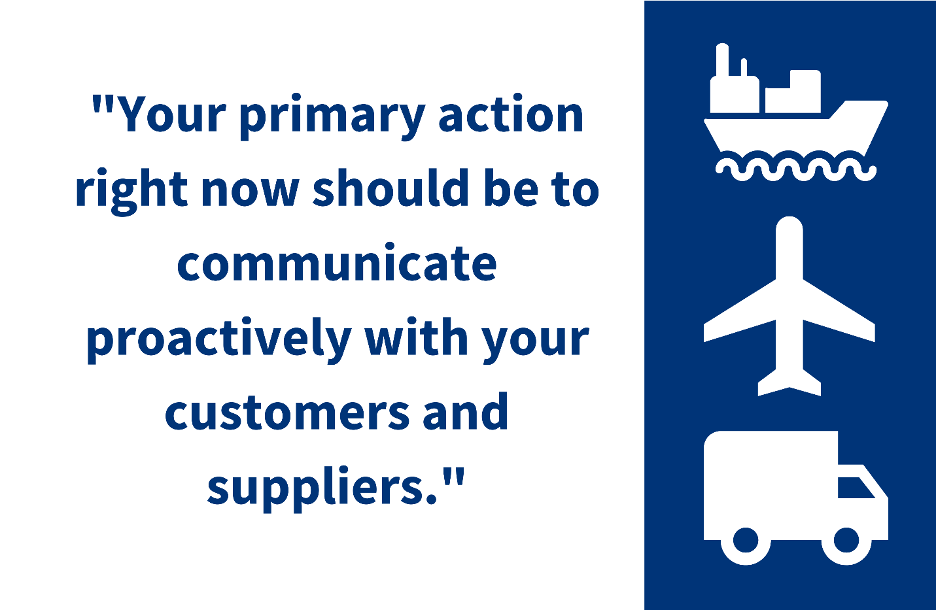For the past 20 years, the European Union (EU) has led the world by requiring more thoroughly documented product compliance. The highlights of these efforts have included the 2000 End of Life Vehicles Directive (ELV), the 2003 Restriction on Hazardous Substances Directive (RoHS) and the 2006 Registration, Evaluation and Authorization of Chemicals Regulation (REACH).
On January 5, 2021, another milestone will be reached when reporting to the Substances of Concern In Products (SCIP) database will become an official requirement for any company wishing to maintain access to the EU market.
This will be the most significant compliance requirement in many years. Beginning in 2021, SCIP costs are projected to be €48 to €67 billion per year according to SMEunited. This projection is based on estimated new training and software needs as well as forecasted labor hours required to enter data into SCIP.

Your team may already have a robust product compliance program, or you may just now be learning about the requirements your company needs to meet. Either way, when new compliance regulations roll out, the requirements can feel overwhelming — especially when you are dealing with a vast supply chain. You can prepare now by analyzing your supply chain so you are ready for the new SCIP requirement when it goes into effect.
Who Needs to Prepare for SCIP Reporting?
SCIP requires any company manufacturing a product in the EU and/or importing a product into the EU to report any chemicals of concern in their products into the SCIP database. While the underlying legal requirements for SCIP reporting technically only apply to companies who have legal standing in the EU, all non-EU suppliers who are manufacturing components for products that are subsequently sold on the EU market will bear a substantial fraction of the overall regulatory and financial burdens.
In order for data to flow through SCIP’s pipelines as expected, the entire supply chain must enter data on components, materials and chemicals. This data will then be rolled up to the final EU importer and/or manufacturer who then reports this data to the European Chemicals Agency (ECHA). ECHA will then make this information publicly and globally available.
This raises the related question of how confidential business information will be protected while complying with the requirement. In order to protect proprietary data, ECHA will not publicly disclose links in the supply chain nor specific brand names. However, there are concerns that interested and motivated parties may be able to infer this type of information, even if it is not directly disclosed.

As the EU is the US’s largest export market, the cost to US industry will be significant. Using International Material Database System (IMDS) reporting statistics as a proxy (the US ranks second in the number of companies using IMDS in 2020), US-based companies will likely bear a higher fraction of the SCIP reporting burden than any other country.
SCIP Developments in 2020
In 2020 there are two parallel SCIP developments being watched by industry:
- The technical development of the SCIP database as the last pieces are incorporated for the anticipated October 2020 go-live date.
- The transposition of the Waste Framework Directive into national laws, which will define the specific requirements and enforcement strategy for each of the member states.
These system specifications and regulatory approaches will define requirements and will inform the specific actions you will need to take. Already we can infer that efforts will be driven by two facts:
- You will be accountable for knowing the presence of all chemicals of concern in every product you and your suppliers produce. You will have to report the identity of those chemicals, the location of those chemicals within your products and how to safely handle the products containing those chemicals.
- Most companies, especially non-EU companies, will find that their specific SCIP action items will be defined by their direct customers. Their customers will provide details on what to report, when to report it and what level of detail to include.
How Can My Company Prepare for SCIP Reporting?
Your primary action right now should be to communicate proactively with your customers and suppliers. Together you will be responsible for moving a vast amount of data up the supply chain in order to populate SCIP with the required information.

Ask your customers what supplier reporting deadlines they are establishing for SCIP. You should also ask if they will require the bare minimum of legally required data, such as names and IDs for chemicals of concern and articles, or if they will be asking for additional ancillary information as well.
Survey your suppliers for the presence of chemicals of concern in your purchased components. In order to reduce your SCIP reporting burden, you can screen out suppliers who confirm they have no chemicals of concern; but be sure to re-survey these suppliers whenever the chemicals of concern list is expanded in the future.
Get Help Preparing for SCIP Reporting
SCIP is going to require tremendous effort across the globe — billions of euros (and dollars) will be spent on training, data entry and software to facilitate moving an enormous amount of data through the SCIP reporting pipeline. It will require complex supply chains to analyze detailed component data in order to report the presence of chemicals of concern so that EU importers and manufacturers can report that data and release it to ECHA.
Between now and January 5, 2021, your company can prepare by conferring with both the upstream and downstream actors in your supply chain.
To further strengthen your preparation for SCIP, Tetra Tech can offer expert assistance. While SCIP is a new reporting requirement, Tetra Tech has been supporting similar product compliance reporting requirements for over 20 years. We have the experience and subject matter expertise to help you navigate the challenges of compliance reporting.
Tetra Tech offers an online self-paced SCIP training you can use to educate your staff on how to complete the data entry requirements. You can explore our other similar courses for examples of how we are already helping companies with a variety of compliance reporting requirements.

For further details, contact Tetra Tech’s expert team at [email protected]. We can help you determine what actions to take while preparing for SCIP so you can secure your continued access to the EU market.






